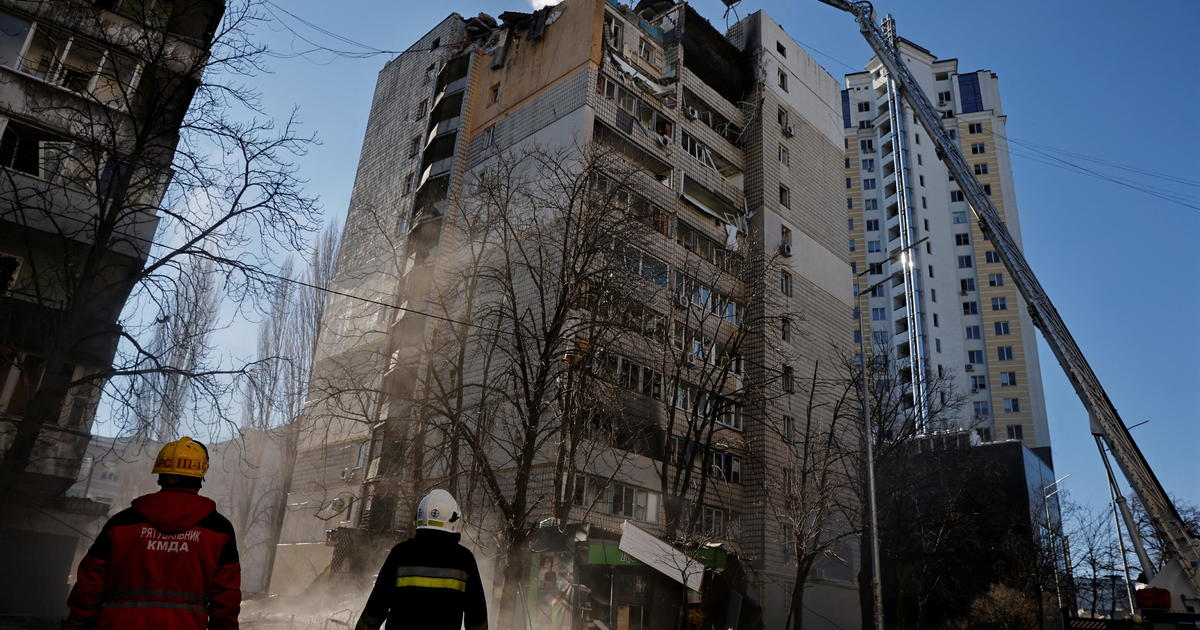
Ukraine's president to push for more help in address to U.S. Congress
CBSN
Kyiv, Ukraine — Ukraine's president was preparing to make a direct appeal for more help in a rare speech by a foreign leader to the U.S. Congress, even as Russia continued its bombardment of the Ukrainian capital Wednesday.
In the war's third week, Ukrainian President Volodymyr Zelenskyy suggested there was still some reason to be optimistic that negotiations with the Russian government might yet yield an agreement.
Previewing his speech to the U.S. Congress, Zelenskyy thanked President Joe Biden and "all the friends of Ukraine" for $13.6 billion in new support. He appealed for more weapons and more sanctions to punish Russia and repeated his call to "close the skies over Ukraine to Russian missiles and planes."

Beijing — China on Friday lashed out at what it called U.S. "coercion" after Panama declined to renew a key infrastructure agreement with Beijing following Washington's threat to take back the Panama Canal. Foreign Ministry spokesperson Lin Jian said at a briefing that China "firmly opposes the U.S. smearing and undermining the Belt and Road cooperation through means of pressure and coercion."

London — The Herculaneum scrolls have remained one of the many tantalizing mysteries of the ancient world for almost 2,000 years. Burnt to a crisp by lava from Mount Vesuvius in A.D. 79, the reams of rolled-up papyrus were discovered in a mansion in Herculaneum — an ancient Roman town near Pompeii — in the mid-18th century. Both towns were decimated by the Vesuvius eruption, and most of the scrolls were so badly charred they were impossible to open.

London — Tourists continued to flee the Greek island of Santorini on Wednesday — a fourth consecutive day of exodus sparked by a series of earthquakes that have rattled the incredibly popular European vacation destination. Around 7,000 people have left the island, which sits southeast of Greece's mainland, since the quakes began last week, according to the AFP news agency.










